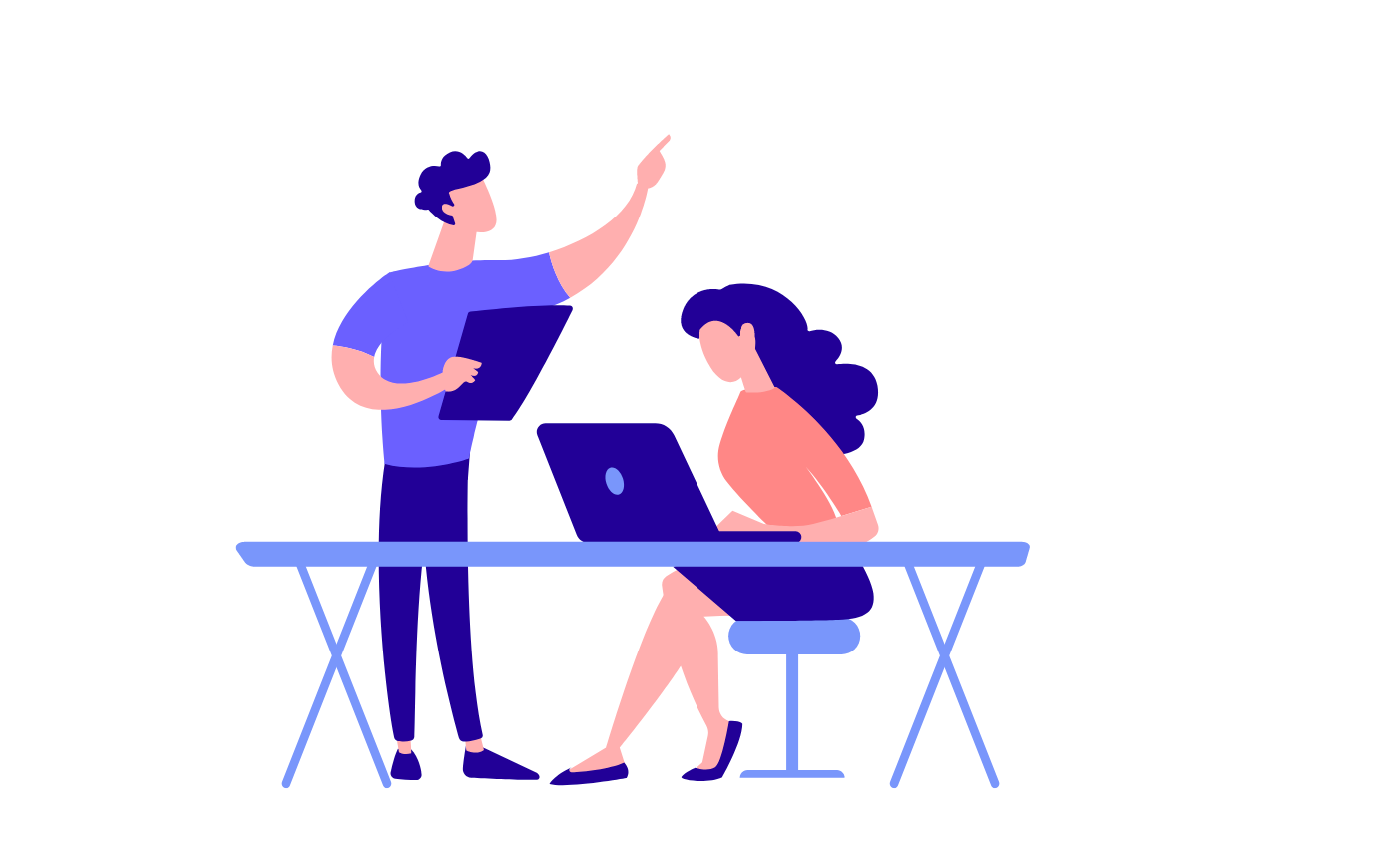Our method to empower your learners through applying the instructional design principles

How we work to crafting effective and impactful e-learning experiences
With this methology, we break down the complete learning experience into small teaching-learning sequences to guide learners in a more focused way along their learning journey and lead them to successful course completion. Every learner is different in his or her needs. That is why is important to know the target group of the respective course in order to decide which tool would be most appropriate to use in the course. For example, tools such as wikis or shared documents allow learning in a synchronous and collaborative way, while forums or the comment function in a blog or thread foster asynchronous discussions.
Following the methodology, the six different learning types are:
- Acquisition
- Collaboration
- Discussion
- Inquiry/Investigation
- Practice
- Production
Acquisition
Listening to a lecture or podcast, reading from books or websites, and watching demos or videos; learn what others have discovered, about expert ways of thinking and practising, and what is known already in their field.
Collaboration
Discussion, practice, and production. This is necessarily done through participation and negotiation with peers. It produces something this is through debate and sharing with others.
Discussion
Learning through discussion requires the learner to articulate their ideas and questions, and to challenge and respond to the ideas and questions from the trainer, and/or from their peers.
Inquiry/Investigation
Explore, compare and critique the texts, documents and resources that reflect the concepts and ideas being taught.
Practice
Practice enables the learner to adapt their actions to the task goal, and use the feedback to improve their next action.
Production
Learning through production is the way the trainer motivates the learner to consolidate what they have learned by articulating their current conceptual understanding and how they used it in practice.